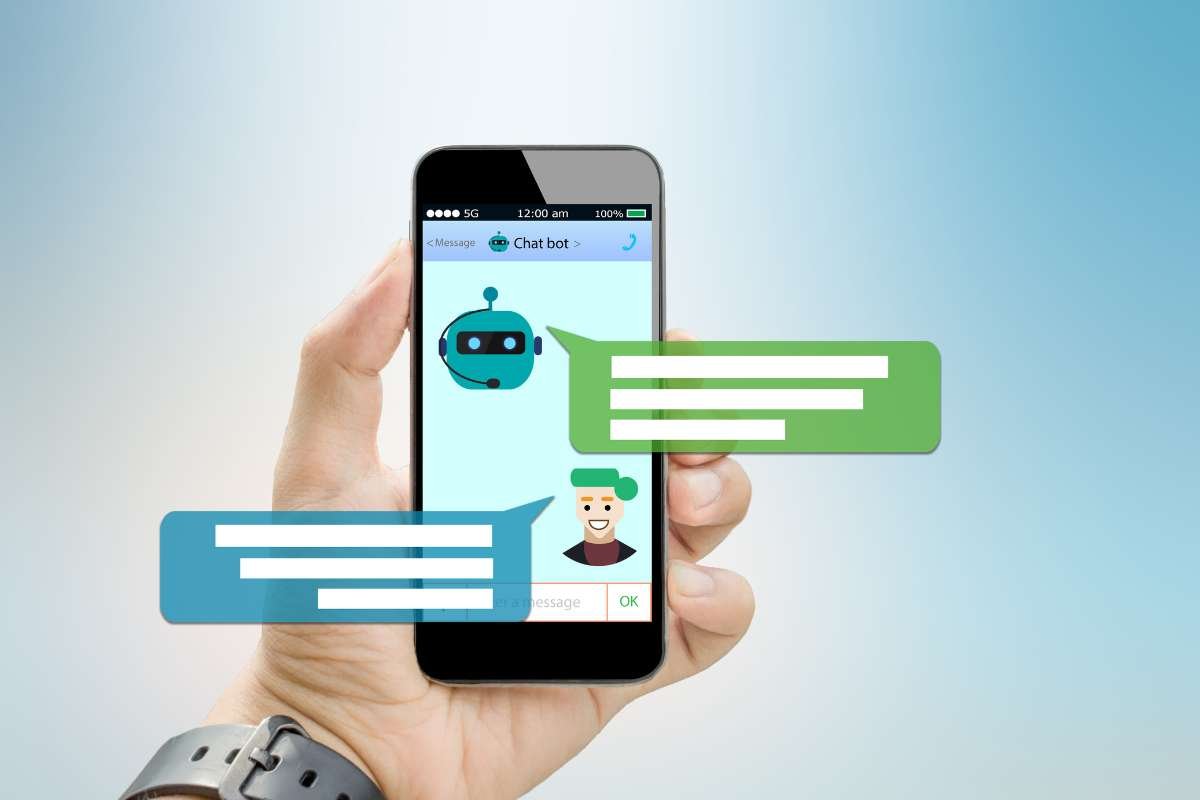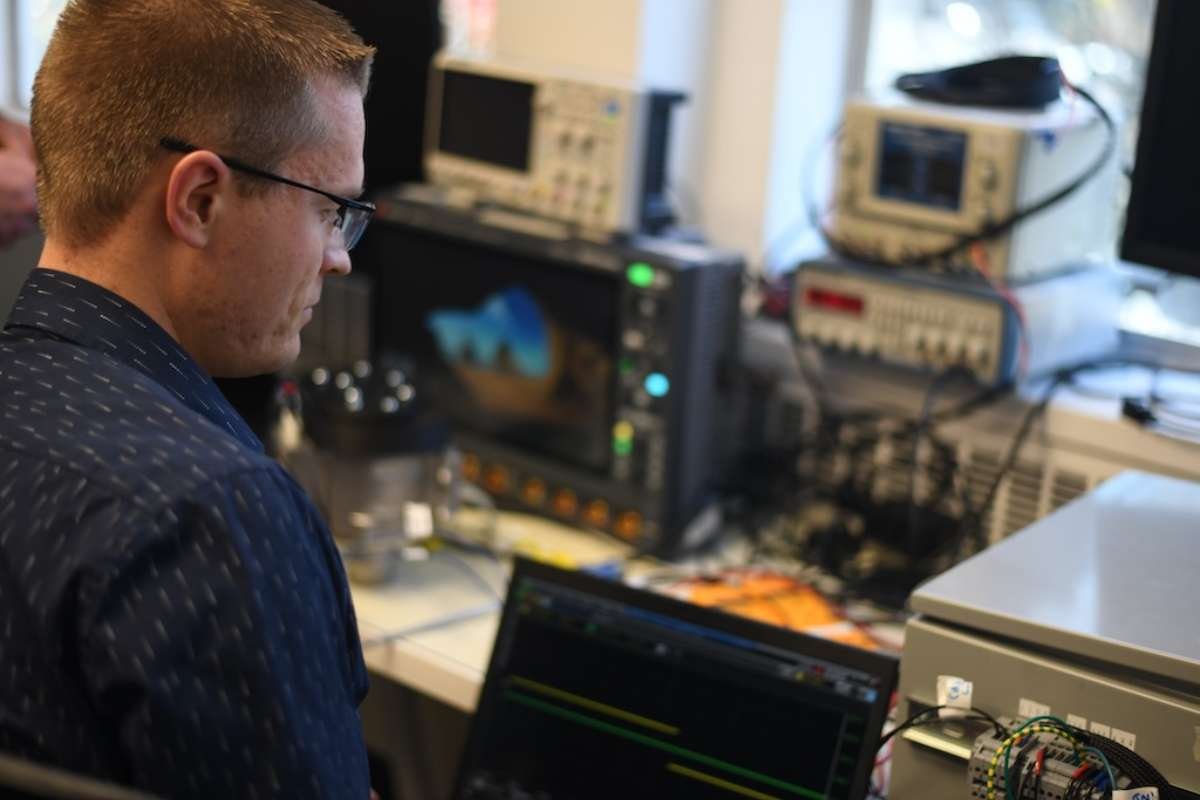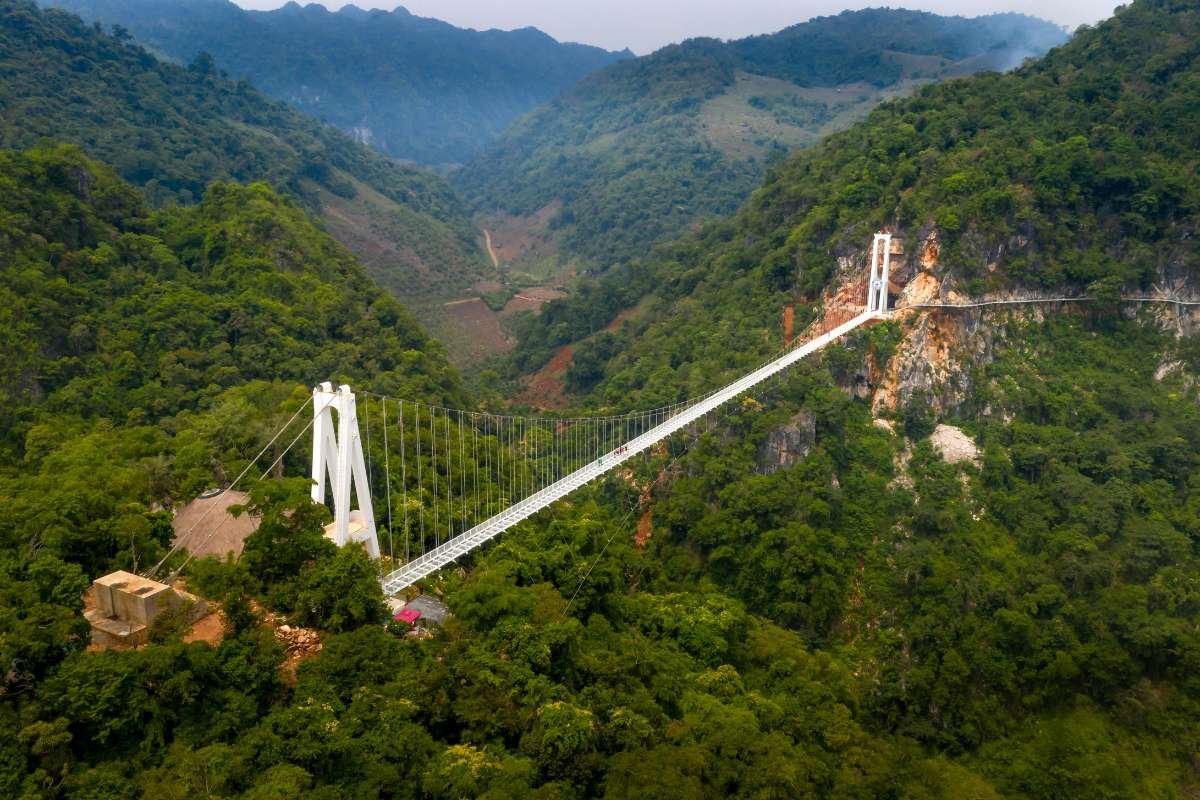The hospitality industry is rapidly evolving, driven by the demand for personalized services, efficient operations, and seamless guest experiences. With the rise of digitalization, one technological advancement has become a game changer: AI chatbots.
These intelligent virtual assistants are reshaping how hotels, resorts, and other hospitality businesses interact with their customers, handle queries, and streamline services.
AI chatbots are now embraced as key tools that enhance guest experiences, reduce operational costs, and optimize overall efficiency in an industry that thrives on customer satisfaction. AI chatbots have become indispensable assets for the modern hospitality landscape, from booking inquiries and concierge services to personalized recommendations and 24/7 customer support.
The Growing Role of AI Chatbots in Hospitality

The hospitality industry has always been focused on delivering the best possible experience to guests. As competition increases and consumer expectations evolve, hospitality businesses are leveraging AI chatbots to offer faster and more personalized services.
Unlike traditional customer support systems that often rely on human operators, AI chatbots can work around the clock, ensuring that guests receive prompt assistance no matter the time of day.
By integrating with a hotel’s website, app, or social media platforms, AI chatbots can manage a wide array of guest interactions from providing information about available rooms and amenities to assisting with bookings, cancellations, and check-ins.
As a result, these chatbots reduce the workload on human staff and allow businesses to focus on improving other areas of the guest experience.
One of the most significant ways AI chatbots in hospitality are transforming through their ability to understand and respond to natural language queries.
Powered by advanced natural language processing (NLP), AI chatbots can analyze guest inquiries, comprehend their intentions, and offer the most relevant responses. This allows chatbots to handle complex tasks such as reservation modifications, special requests, and answering detailed questions about a property’s services.
Best AI Chatbots in Hospitality

When it comes to finding the best AI chatbots in hospitality industry, businesses are prioritizing solutions that offer more than just basic automation.
They need chatbots that can provide rich interactions, integrate with existing systems, and deliver real-time, personalized services. AI-powered chatbots with intelligent “intention engines,” are leading the way in transforming how hotels and other hospitality businesses manage guest interactions.
AeroChat is specifically designed to understand guest intent, responding with the most appropriate answers.
This advanced feature not only enhances guest satisfaction but also helps hospitality businesses save on usage costs.
Instead of answering every query in the same way, the chatbots tailor their responses based on the guest’s specific needs and context, offering personalized solutions that elevate the overall experience.
A key strength of AI chatbots is their ability to handle multiple tasks simultaneously, something that would be nearly impossible for human agents to manage efficiently.
This multitasking capability means that large hotels and resorts with hundreds of guests can rely on a single chatbot to handle inquiries related to bookings, directions, amenities, room services, and more all at the same time.
This reduces wait times and ensures that guests receive timely and accurate information without any delays.
Enhancing Guest Experiences Through Personalization
One of the most impressive features of AI chatbots in hospitality is their ability to personalize the guest experience.
By analyzing data from past interactions, bookings, and guest preferences, AI chatbots can offer tailored recommendations that make each guest’s stay more enjoyable. For instance, if a guest regularly stays at a particular hotel chain and prefers rooms with a sea view, the chatbot can offer this option during their next booking.
Beyond room preferences, AI chatbots can assist guests by suggesting nearby attractions, restaurants, or activities based on their interests.
By providing personalized suggestions, hotels can create memorable experiences that increase guest satisfaction and loyalty.
Moreover, AI chatbots can offer multilingual support, breaking down language barriers and making it easier for international travelers to communicate their needs.
This is particularly beneficial for global hotel chains or resorts that cater to guests from diverse backgrounds. By integrating chatbot technology, hospitality businesses can ensure that every guest feels understood and cared for, no matter their native language.
Streamlining Operations and Reducing Costs
AI chatbots not only improve guest experiences but also streamline operations for hospitality businesses. Managing guest inquiries, complaints, and bookings is a time-consuming task that often requires significant human resources.
By implementing AI chatbots, hotels and resorts can automate these processes, freeing up staff to focus on more critical tasks.
For instance, chatbots can manage the entire booking process from searching for available rooms to handling payment details and confirming reservations. This eliminates the need for manual intervention and reduces the risk of human error.
Additionally, chatbots can provide instant answers to common guest questions, such as check-in times, Wi-Fi access, or restaurant hours, without requiring guests to wait in line at the reception.
By reducing the reliance on human staff for routine tasks, AI chatbots help businesses cut labor costs while maintaining a high level of service. This is particularly advantageous during peak travel seasons when hotels are often short-staffed and overwhelmed with guest requests.
In addition to handling guest queries, AI chatbots can be used for internal purposes, such as managing inventory, coordinating housekeeping schedules, and even predicting maintenance needs.
By analyzing guest feedback and usage patterns, chatbots can identify areas that need improvement, helping hotels optimize their operations and prevent potential issues before they arise.
The Future of AI Chatbots in Hospitality

As AI technology continues to evolve, the role of chatbots in hospitality is expected to expand even further.
Future developments could include chatbots that can assist guests with voice commands, virtual reality concierge services, and even AI-driven predictive analytics that anticipate guest needs before they are even communicated.
One exciting area of innovation is the integration of AI chatbots with IoT (Internet of Things) devices.
This would allow chatbots to control various in-room amenities, such as lighting, temperature, and entertainment systems, creating a fully automated and personalized environment for each guest. Imagine a guest simply sending a request via the chatbot to adjust the room temperature or order room service, and having it executed instantly without any human intervention.
Another potential development is the use of AI chatbots to gather and analyze real-time feedback from guests, allowing hotels to make immediate improvements to their services. For example, if a guest expresses dissatisfaction with their room’s cleanliness, the chatbot can alert housekeeping to address the issue promptly, enhancing the guest’s overall experience.
Conclusion
AI chatbots are undeniably transforming the hospitality industry, offering solutions that improve guest experiences, streamline operations, and reduce costs.
As businesses continue to explore the potential of AI, the use of chatbots in hospitality will only increase, making them essential tools for staying competitive in a fast-evolving market.
With advanced solutions leading the way, hospitality businesses can expect to see even more sophisticated, personalized, and efficient guest interactions in the future.
By embracing this technology, hotels, and resorts are positioning themselves to meet the growing demands of modern travelers while delivering exceptional service at every step of the journey.


















